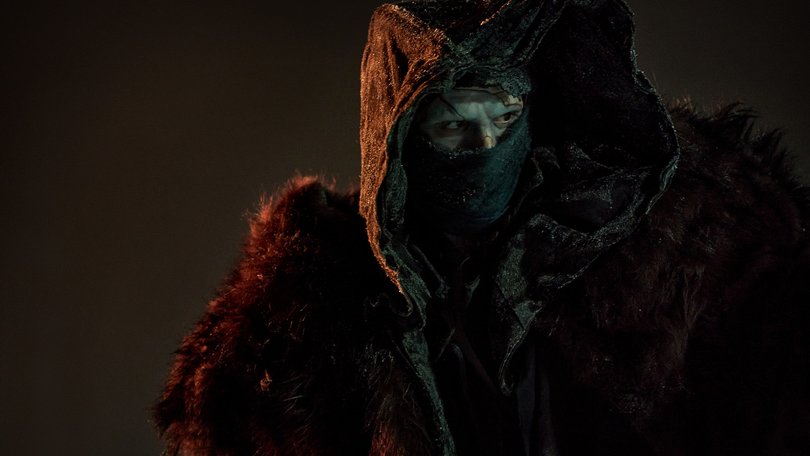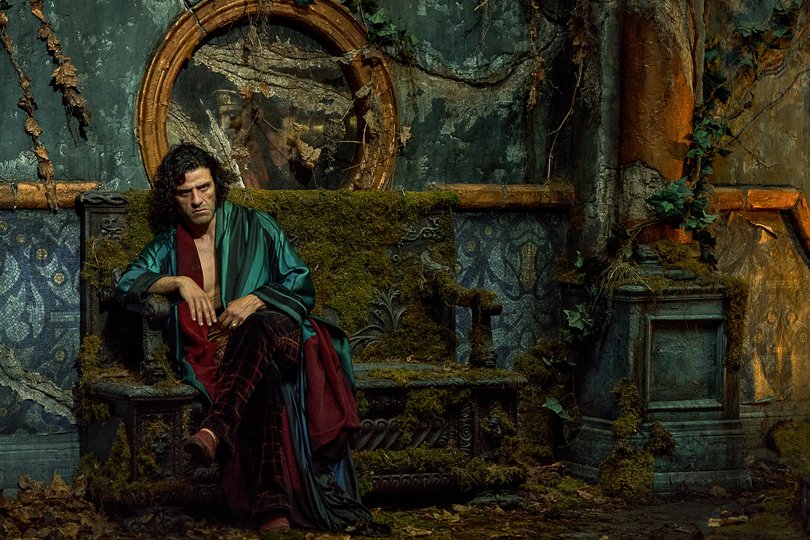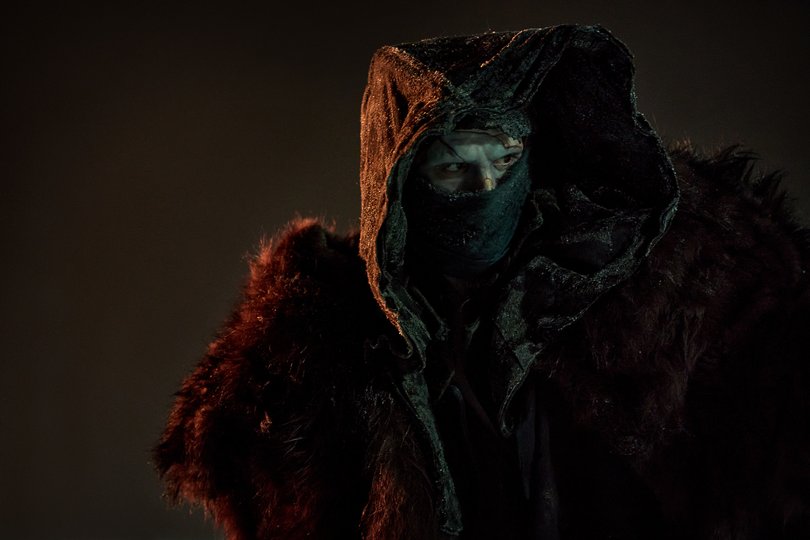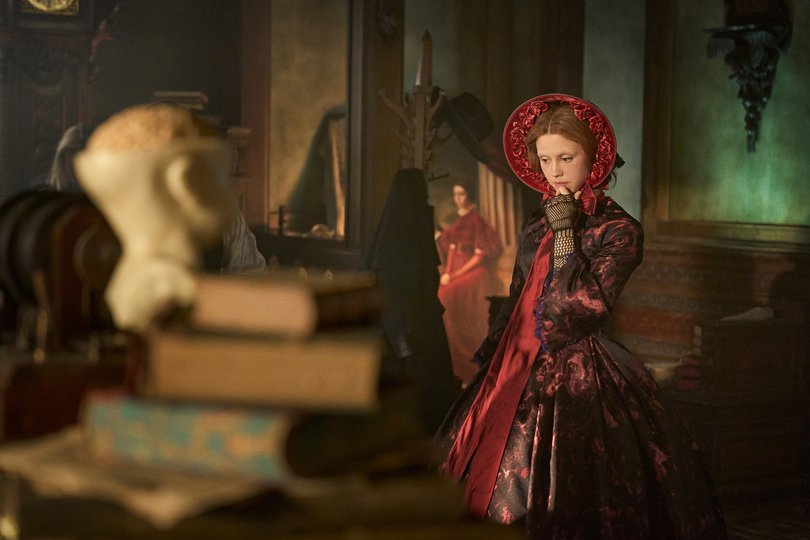Frankenstein review: Guillermo del Toro’s maximalist adaptation is utterly exhausting
It is wholly unnecessary for one character to scream at Victor Frankenstein, ‘You’re the monster!’ Um, duh. Everyone already got the memo.

Mary Shelley’s Frankenstein was published more than two centuries ago and in the time since, it’s become one of the most known gothic stories of Western literature.
Even if you’ve never read Shelley’s pretty slim tome or seen Boris Karloff lumbering about with those bolts in his neck, the figure of Frankenstein’s creature looms large in our culture.
What we all know about Frankenstein is that it is a tragedy, a morality tale about creation, cruelty and judgment. One of the central tenets is that despite the creature’s form, it is the scientist who displays the most abhorrent behaviour.
Sign up to The Nightly's newsletters.
Get the first look at the digital newspaper, curated daily stories and breaking headlines delivered to your inbox.
By continuing you agree to our Terms and Privacy Policy.That is pretty well established over 200 years of Shelley’s tale.
So it is wholly unnecessary for one character to scream at Victor Frankenstein, “You’re the monster!”. Um, duh. Everyone already got the memo.

That moment comes late in Guillermo del Toro’s adaptation of Frankenstein, but it encapsulates the film’s main problem, one that is obvious from the get-go. It is text, not subtext, and it is maximalist to the point of exhaustion.
Del Toro has never been a subtle filmmaker, he likes to splash everything on the screen, but Frankenstein lacks the elegance and nuance of Pan’s Labyrinth, the emotional musicality of The Shape of Water or the gothic playfulness of Crimson Peak.
Like a heavy-footed creature, it clobbers you into submission with its leaden dialogue, as if no one in the history of the world has ever heard this story before.
The film, which premiered at the Venice Film Festival, stars Oscar Isaac as Victor Frankenstein, scientist with a god complex and deep-seated mummy issues. His mother (Mia Goth) dies when Victor is young, so he becomes obsessed with curing death.
This leads him to experiments in re-animating dead flesh, capturing the attention of a wealthy benefactor, Henrich Harlander (Christoph Waltz), whose niece, Elizabeth (also Mia Goth), is engaged to Victor’s brother William (Felix Kammerer).

The creature he births is stitched together from body parts of dead criminals and soldiers, in a grotesque sequence that only the most ardent anatomy obsessives will be able to stomach.
When the creature (Jacob Elordi) comes to life, it is slow to develop, but it recoils from Victor’s cruelty and impatience.
Elordi’s performance has a quiet, sad and child-like sensitivity to it, contrasted with Isaac’s over-the-top bluster. It’s not that Isaac’s exuberance is bad, what he’s doing is meeting the film where it is, which happens to be on the wrong side of ham.
Del Toro voiced his desire to do Frankenstein almost two decades ago – presumably he’d been thinking about it for even longer – and maybe the risk of holding onto the something for so long is that you’ve made it so many times in your head that there are 20 years of ideas to cram in.
This iteration is definitely packed with things. It is a relatively faithful version of Shelley’s tale, embellishing and expanding some sections including everyone’s infatuation with Elizabeth, and omitting the Orkneys segment (and thank god, because by the time he leaves the family in the woods, it’s already past the two-hour mark).
Even the framing story in the Arctic, which is left out of some iterations, gets a full treatment.
It is, in a nutshell, a lot. Too long. Too obvious. Too much.

In the plus column, the costumes are stunning, especially Goth’s wardrobe with its striking colours such as the blood-red organza that trails behind her, an ominous foreshadowing of the character’s fate. That’s if you can get over the glaring Oedipal signposts with her dual casting.
Some of the production design is also beautiful, as you’d expect from del Toro and his designer Tamara Deverell, who also worked on Nightmare Alley and Cabinet of Curiosities. The parts that don’t look like overblown CGI are evocative of the gothic vibes in Shelley’s novel.
There’s an earnestness to Frankenstein that is classic del Toro, and while visually it can be impressive, after two centuries, rehashing the story without any subtext makes for a tiring adventure.
We already know it.
Rating: 2.5/5
Frankenstein is in cinemas on October 23 and on Netflix on November 7

